Undertaking a new commercial construction project is a significant investment, and ensuring its long-term success and reliability is paramount for business owners. One crucial aspect of a commercial construction project is the installation of an efficient plumbing system that meets industry standards and adheres to local building codes and regulations. To achieve this, it’s essential to partner with a trusted and experienced commercial plumbing provider like us.
D&F Plumbing, Heating and Cooling is committed to providing top-notch new commercial construction plumbing services tailored to suit the unique requirements of your business. Serving businesses in Portland, OR, and the surrounding areas, our team of skilled professionals works closely with you from the initial planning stages to the project’s completion, ensuring that your new commercial plumbing system is expertly designed and installed to offer years of reliable service.
Stay tuned as we explore the various aspects of new commercial construction plumbing, including essential planning considerations, the importance of expert installation, and the vital role our professionals play in the success of your project. By understanding the intricacies of new commercial construction plumbing, you can make informed decisions that lay the groundwork for a successful and efficient plumbing system in your business facility.
Essential Planning Considerations for New Commercial Construction Plumbing
A well-executed plumbing system is the backbone of any commercial establishment. To ensure your new construction project’s plumbing system operates efficiently and smoothly, consider these critical planning factors:
- Assessment of Unique Business Requirements: Every business has specific plumbing needs based on its nature and operations. Work with our commercial plumbing expert to discuss your business’s requirements and design a customized plumbing system to accommodate these factors.
- Local Building Codes and Regulations: Adhering to local building codes and regulations is vital in ensuring your commercial plumbing system’s safety, legality, and long-term performance. A knowledgeable commercial plumbing partner can help you navigate these requirements and provide expert guidance in implementing compliant solutions.
- Proper Fixture and Material Selection: Choosing the right fixtures, pipes, and materials plays a pivotal role in the functionality and longevity of your commercial plumbing system. Collaborate with our plumbing expert to select high-quality products that match your business’s specific needs and requirements while respecting your budget.
The Importance of Expert Installation in Commercial Construction Plumbing
Partnering with our reputable and skilled commercial plumbing expert is crucial in ensuring a seamless and efficient installation process. Here’s why professional installation is essential for new commercial construction plumbing projects:
- Optimal Performance: Our professional plumbers have the experience and expertise to design and install a plumbing system that meets industry standards and performs optimally. This expertise ensures that your new plumbing system will operate smoothly, avoiding unnecessary interruptions and costly downtime.
- Prevent Future Issues: Our skilled plumbing professionals can identify potential problems during the installation process and address them proactively to prevent costly future repairs. This foresight helps you safeguard your investment and minimize disruptions to your business operations.
- Compliance with Regulations: Expert installation is vital in meeting local building codes and requirements. Our reputable commercial plumbing professionals keep current on all relevant regulations, ensuring your plumbing system is compliant and secure from potential legal issues.
The Role of Our Professionals in New Commercial Construction Plumbing Projects
Our team of skilled professionals is dedicated to providing exceptional new commercial construction plumbing services, ensuring your project’s success. Here’s how our expertise contributes to your new commercial plumbing system:
- Comprehensive Consultation: We begin by conducting a thorough consultation to understand your business’s unique plumbing requirements. This process enables us to design a customized plumbing system tailored to your specific needs while optimizing efficiency and performance.
- Expert Installation and Execution: Our technicians are trained and experienced in installing state-of-the-art plumbing systems and adhering to industry best practices. Our commitment to quality workmanship and professional execution guarantees a reliable and long-lasting plumbing installation.
- Ongoing Support and Maintenance: After the installation is complete, we offer ongoing support and maintenance services to ensure your new plumbing system’s continued optimal performance. Our dedication to exceptional customer service allows you to focus on running your business, knowing your plumbing system is in good hands.
Preparing Your Business for a Successful New Commercial Construction Plumbing Project
To ensure your new commercial construction plumbing project’s success, consider the following preparatory steps:
- Research: Gather information about local building codes, requirements, and industry best practices for commercial plumbing systems. This research will help you better understand the installation process and make well-informed decisions.
- Choose a Reputable Plumbing Partner: Carefully select a commercial plumbing provider with a proven track record of delivering high-quality work and meeting clients’ expectations. Your chosen partner should be well-versed in local regulations and have a comprehensive understanding of new construction plumbing requirements.
- Establish Clear Communication Channels: Ensure that you have an open line of communication with your commercial plumbing expert throughout the project. Clear communication allows for efficient collaboration, better decision-making, and timely resolution of any issues that may arise.
Secure Your Investment with Expert New Commercial Construction Plumbing Services
By choosing a trusted and experienced commercial plumbing partner like us for your new commercial construction plumbing project, you are securing a long-lasting, efficient, and reliable plumbing system for your business. Our team of skilled plumbers in Sandy, OR, is committed to working closely with you at every stage of the project, ensuring a seamless process and delivering exceptional results.
If you have a new commercial construction plumbing project in Portland, OR, and the surrounding areas, choose D&F Plumbing, Heating and Cooling as your dedicated partner. Contact us today to discuss your unique needs and let our expertise pave the way for a successful and productive plumbing system in your new commercial establishment.

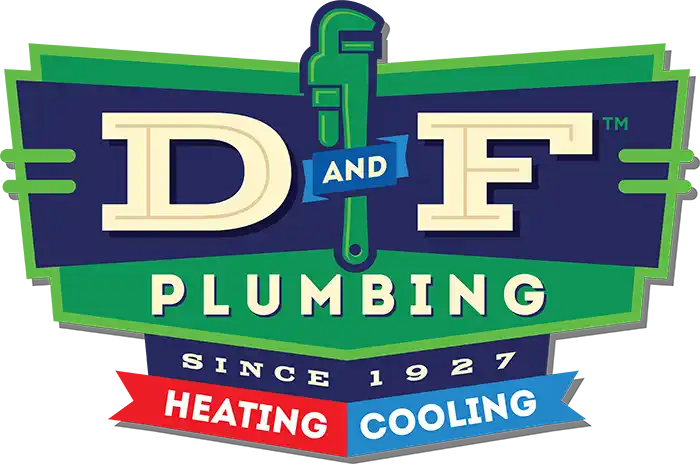
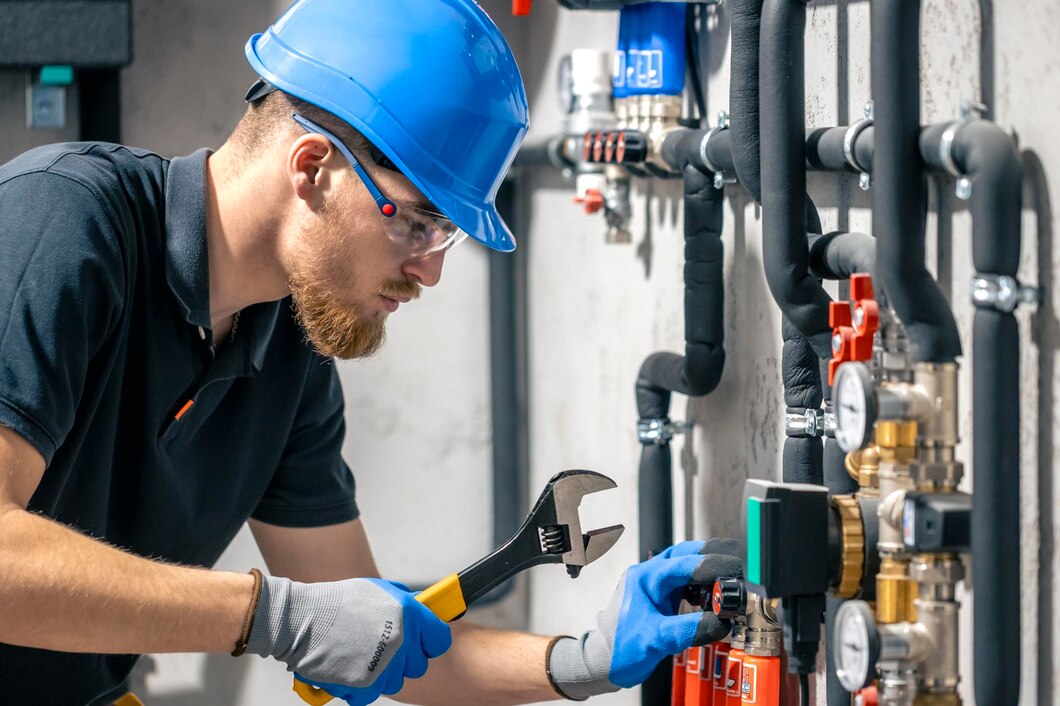
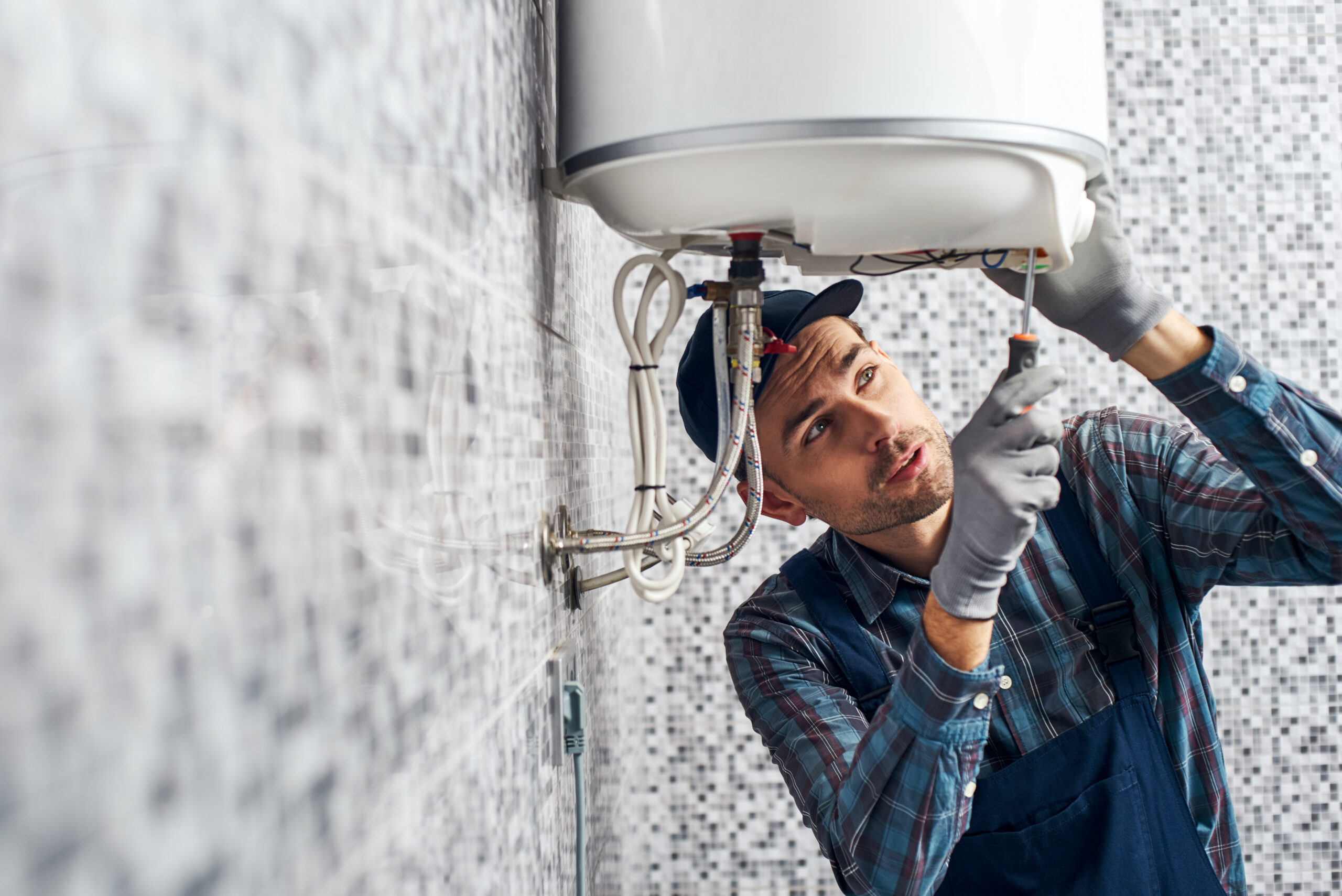
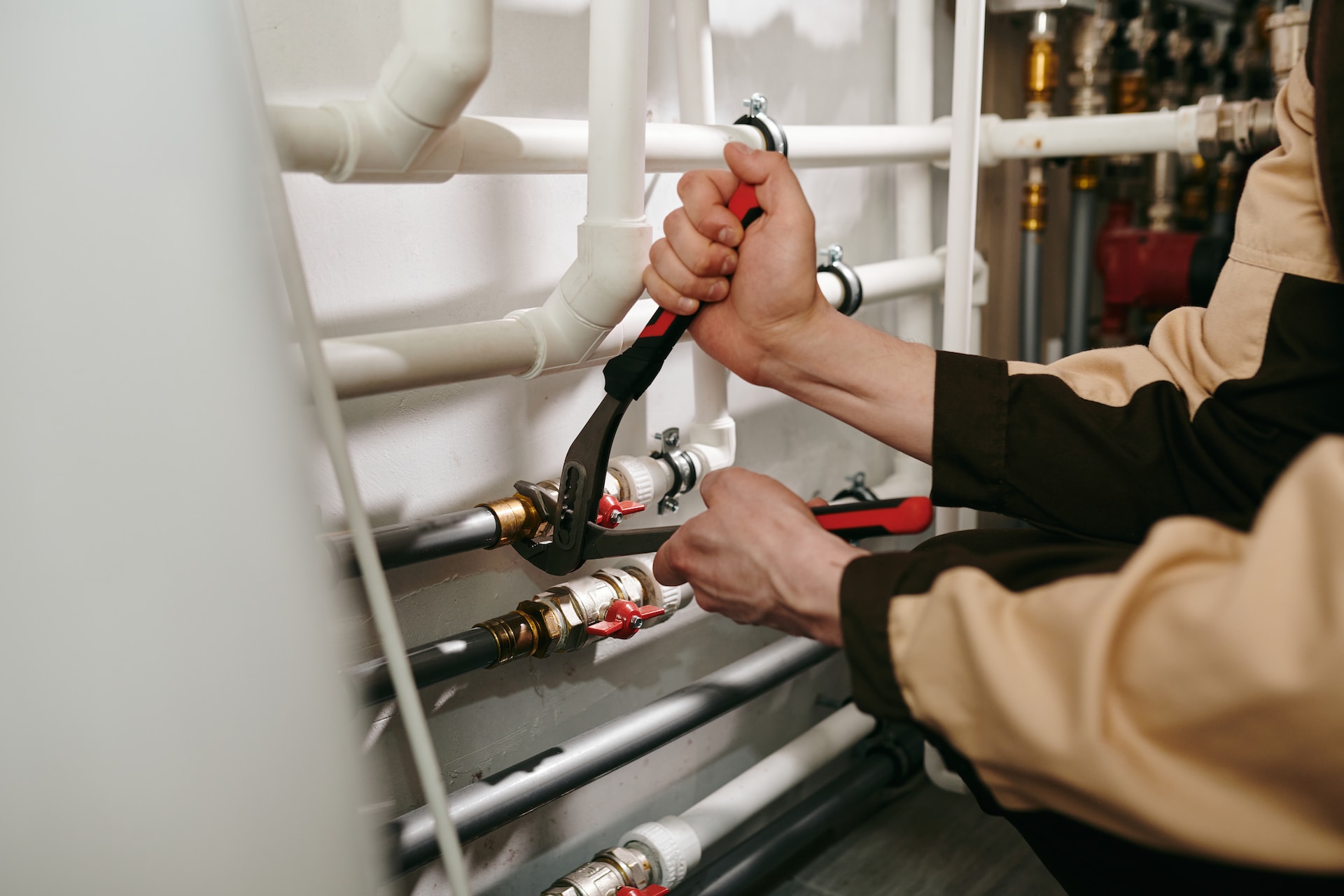
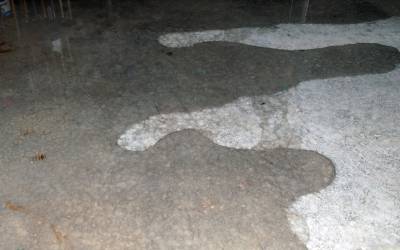
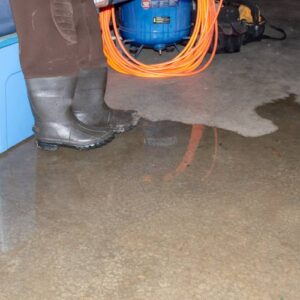 Do you have creaking and gurgling noises coming from your basement? No, this isn’t the plot of a horror movie (although it may feel like it). This could actually be the sign of an underground water leak in your house.
Do you have creaking and gurgling noises coming from your basement? No, this isn’t the plot of a horror movie (although it may feel like it). This could actually be the sign of an underground water leak in your house. 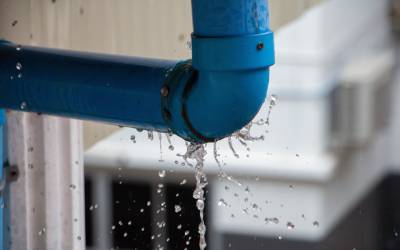
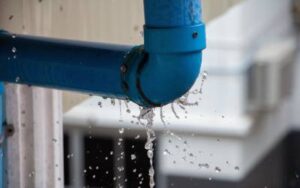
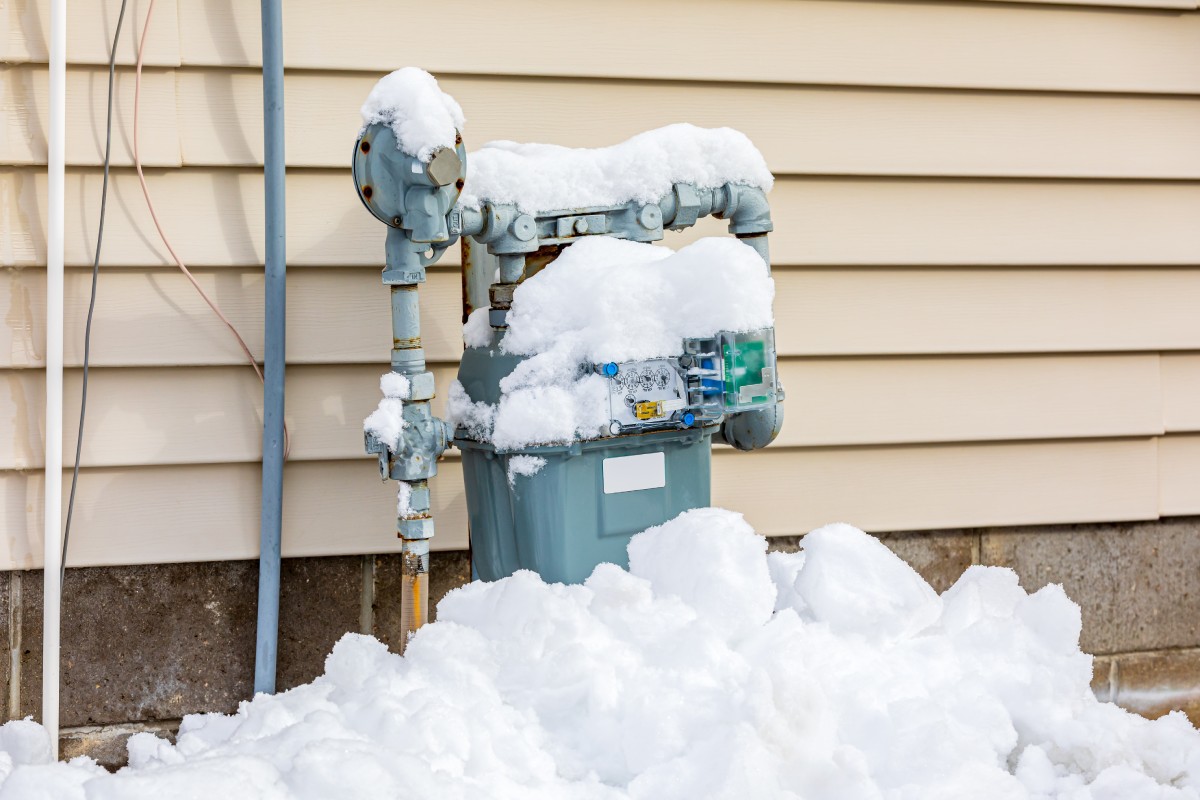
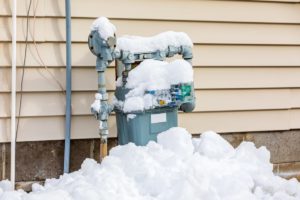
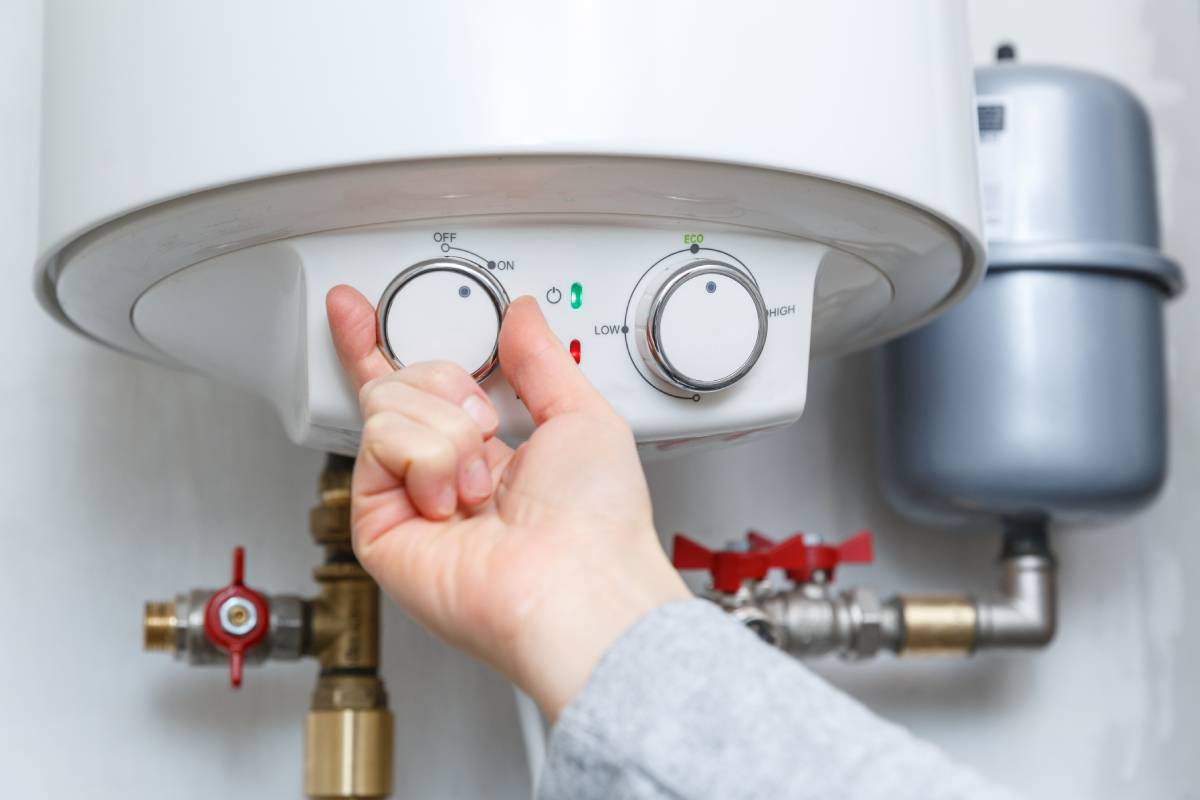
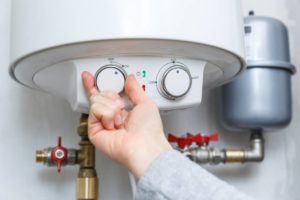 Between freezing weather and holiday festivities, the winter months can take a serious toll on your water heater. To ensure you have plenty of hot water all throughout the cold season, it’s important to prepare your water heater for winter as soon as temperatures begin to drop. Fortunately, seasonal maintenance doesn’t have to be difficult or expensive.
Between freezing weather and holiday festivities, the winter months can take a serious toll on your water heater. To ensure you have plenty of hot water all throughout the cold season, it’s important to prepare your water heater for winter as soon as temperatures begin to drop. Fortunately, seasonal maintenance doesn’t have to be difficult or expensive. 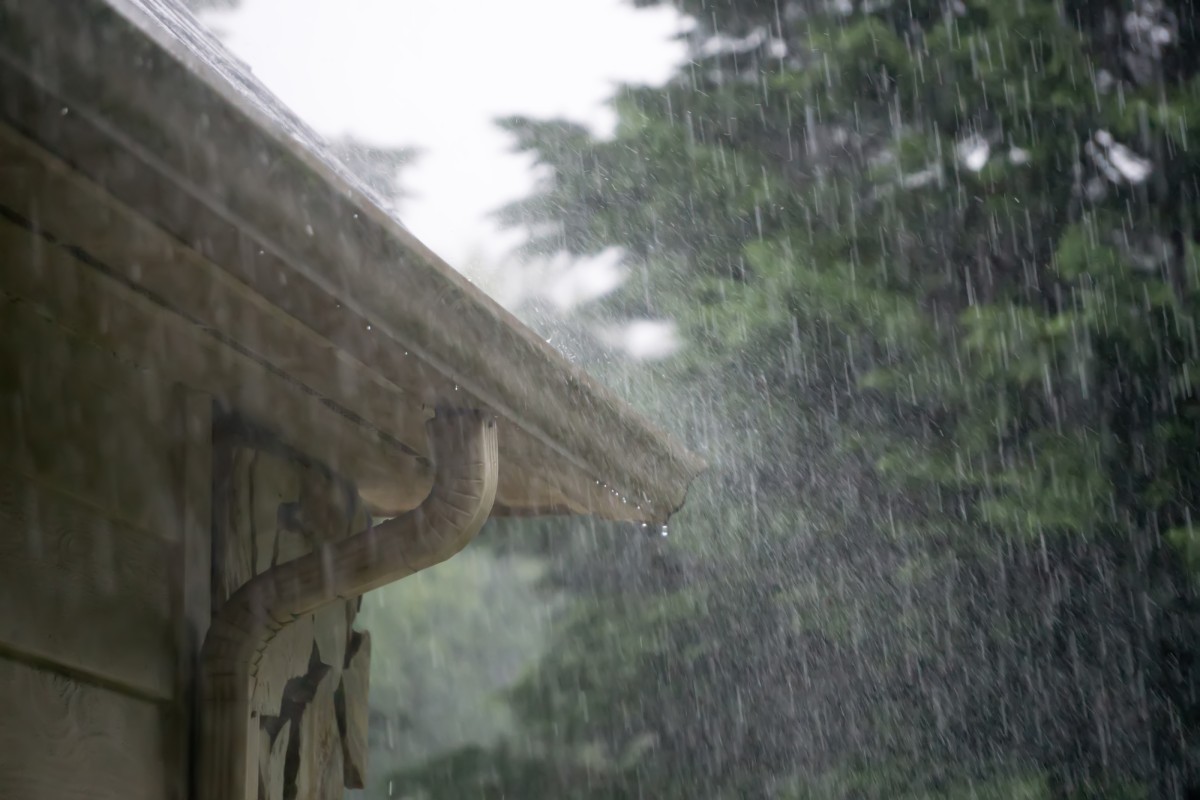
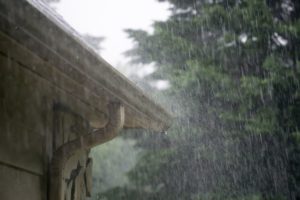
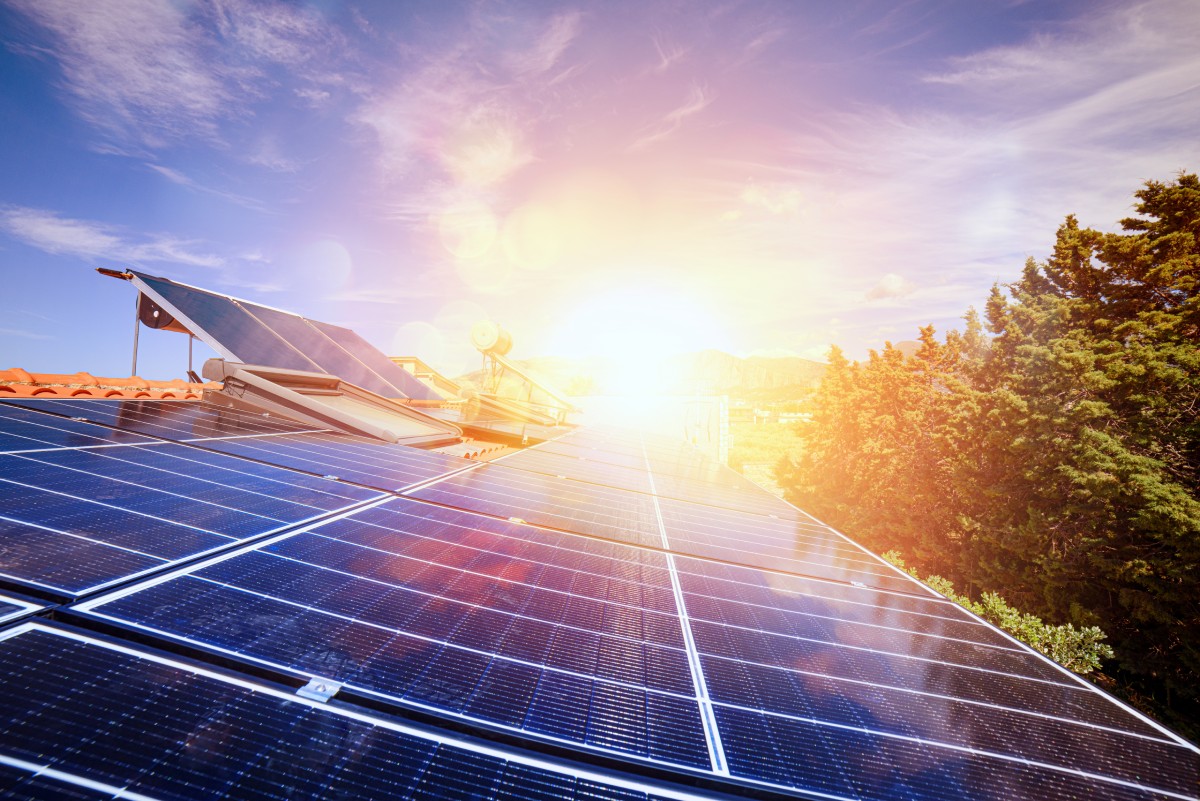

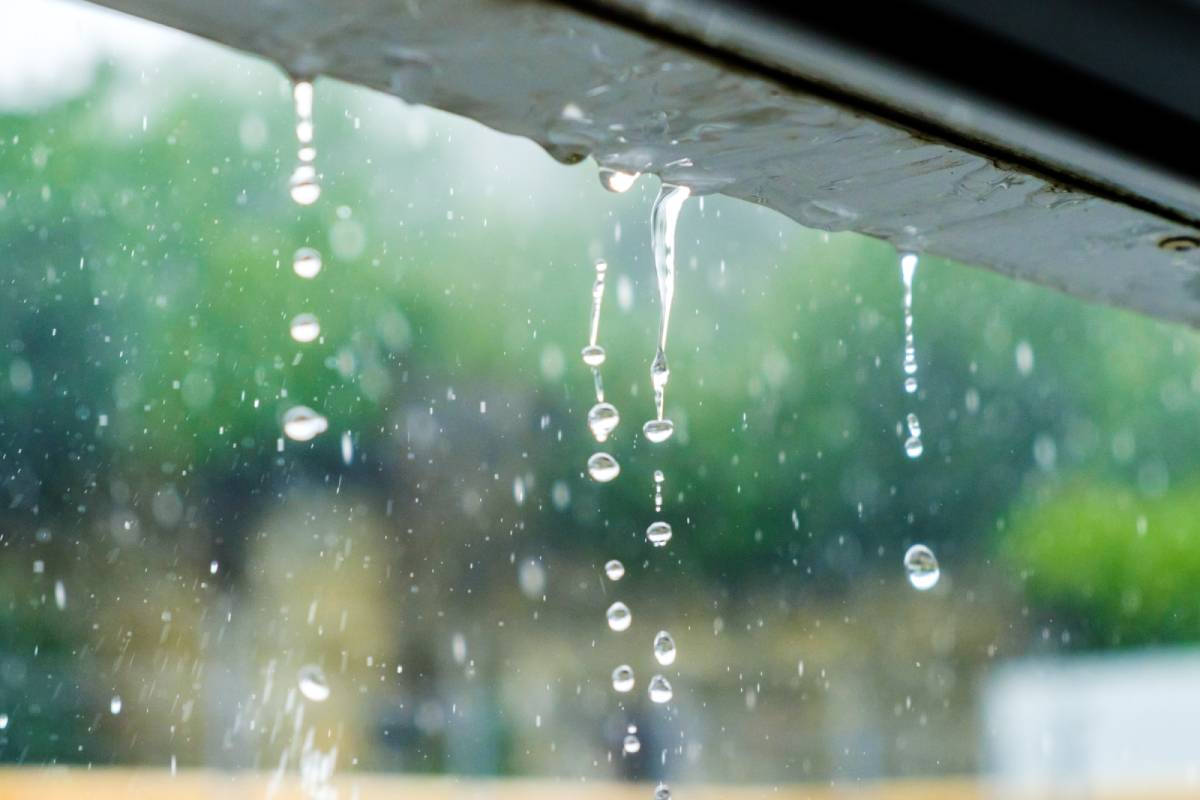
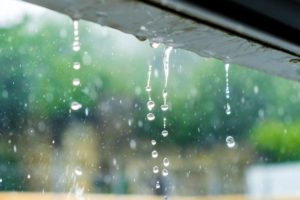 April showers bring May flowers, and… plumbing issues? With the rainy season right around the corner, it is essential to prioritize the comfort of your home, and nobody wants to clean the muck out of gutters in the middle of a storm!
April showers bring May flowers, and… plumbing issues? With the rainy season right around the corner, it is essential to prioritize the comfort of your home, and nobody wants to clean the muck out of gutters in the middle of a storm!